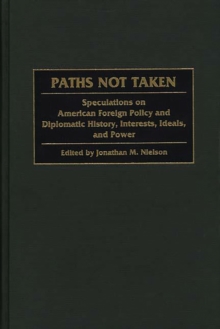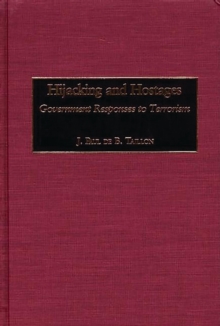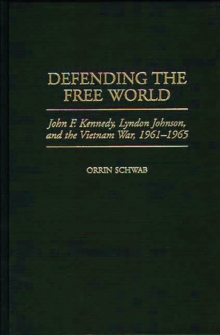
Incidents and International Relations : People, Power, and Personalities PDF
Edited by Kennedy Gregory C. Kennedy, Neilson Keith Neilson
Part of the Praeger Studies in Diplomacy and Strategic Thought series
Description
Historians often ignore, treat cursorily, or relegate to footnotes specific incidents in international relations in order to facilitate the construction of a larger narrative. The contributors to this volume argue that researchers do so to their peril, as individual or seemingly isolated incidents can play significant roles in the overall course of history. Incidents are crucial in determining the mental maps that decision makers form regarding the countries and individuals with whom they interact. Incidents can either initiate or block new policies with consequences that are both far-reaching and unexpected.
People make foreign policy and an understanding of what elements of an incident were important to these individuals at key points essential to an appreciation of policies subsequently advocated. How individuals view other cultures and nations, how they react to the actions of such nations, and their perceptions of such actions all form key components in this study. Using a variety of examples, these essays show the value of detailed examinations of events, illuminating such matters as British policy in the Far East, French imperial policy, Italian military actions in the interwar period, British attitudes toward Hitler, and the effect of the Soviet Union on British thinking in the 1930s.
Information
-
Download - Immediately Available
- Format:PDF
- Pages:208 pages
- Publisher:Bloomsbury Publishing (USA)
- Publication Date:28/02/2002
- Category:
- ISBN:9780313010552
Information
-
Download - Immediately Available
- Format:PDF
- Pages:208 pages
- Publisher:Bloomsbury Publishing (USA)
- Publication Date:28/02/2002
- Category:
- ISBN:9780313010552










